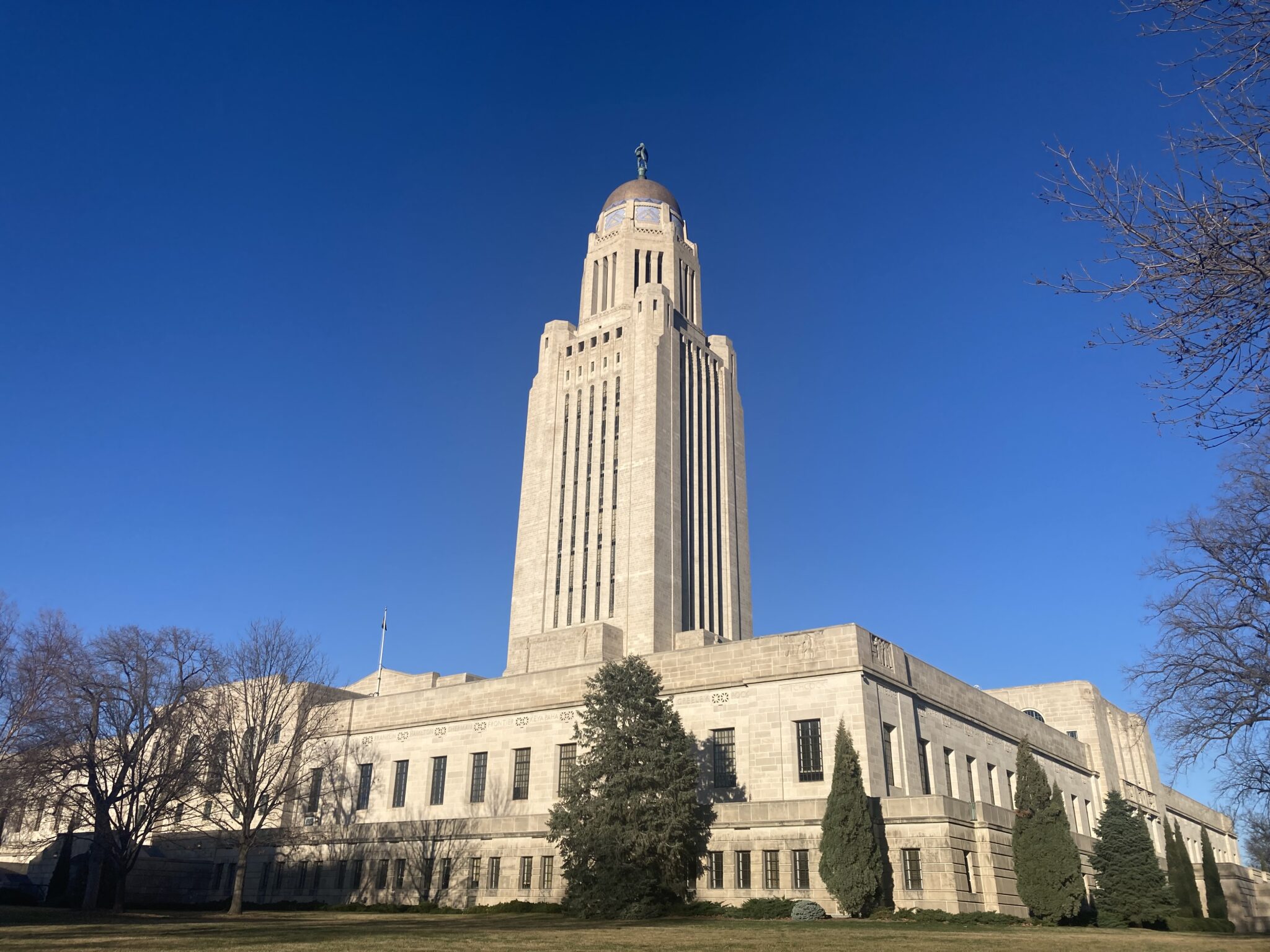Crunch Time: Lawmakers Wrestle with Budget and Dining Debates in Final Legislative Push

While Washington's political pundits were eagerly dissecting the first 100 days of a new administration, the Nebraska Legislature quietly sailed past this symbolic benchmark with little fanfare. The state's legislative body continued its work with characteristic pragmatism, seemingly uninterested in the media's obsession with milestone tracking.
Unlike the national stage's dramatic narrative, Nebraska's lawmakers remained focused on substantive policy-making, demonstrating that meaningful governance often happens far from the spotlight. The unremarked passage of their 100-day mark speaks volumes about the state's no-nonsense approach to legislative work.
